Project WyoTCH: Developing a Roadmap for a Sustainable Carbon Hub

Project WyoTCH—the Wyoming Trails Carbon Hub (WyoTCH, pronounced “Watch”)—will develop a carbon management Roadmap for Wyoming focused on the concept of “No Carbon Left Behind” (no stranded CO2, now or in the future). The Roadmap will serve as a blueprint or set of lessons learned for how other development teams can form open-access carbon hubs across the nation to help meet the Nation’s climate and energy goals.
SCO₂Tᴾᴿᴼ: Unlocking the Nation’s Subsurface to Support the Energy Transition
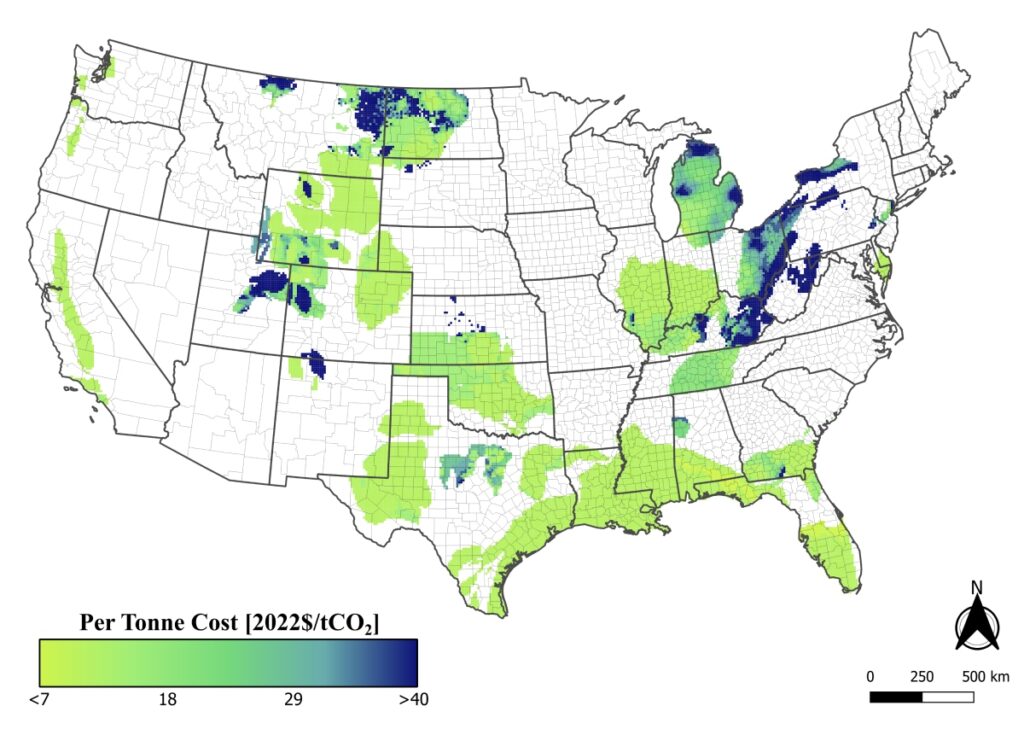
SCO2Tᴾᴿᴼ is a cutting-edge geospatial siting tool and database designed to revolutionize subsurface analysis for carbon storage and energy transition planning.
MethaneDART: The Methane Emissions-Detection, Analysis, and Resource Management Tool
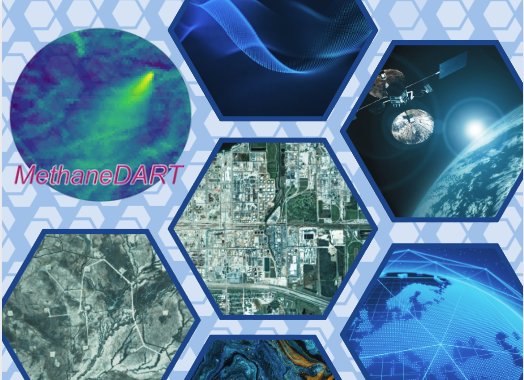
MethaneDART (Methane Emissions-Detection, Analysis, and Resource Management Tool) was developed as a geospatial intelligence platform designed to monitor and analyze methane emissions using satellite-based remote sensing data. Methane, a potent greenhouse gas, has seen a sharp increase in emissions over the past decade, making its detection and mitigation a critical component of climate change efforts. This tool was created to address the growing need for near real-time, high-resolution methane monitoring, particularly in the natural gas industry, where fugitive emissions represent a significant and preventable source of greenhouse gases. MethaneDART leverages advances in satellite data availability and machine learning algorithms to provide users with automated methane detection, emissions quantification, and industry-specific categorization of emission sources.
The Columbia River Basalt Technical Assistance Program (CaRBTAP)
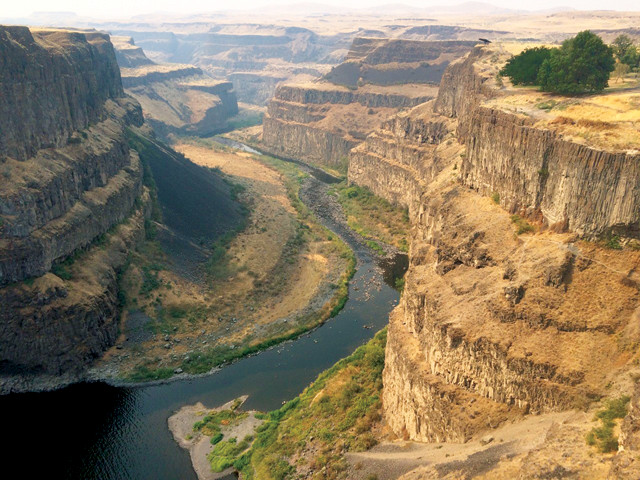
The Columbia River Basalt Technical Assistance Program (CaRBTAP) is a collaborative initiative designed to provide objective, science-based technical assistance to key stakeholders involved in carbon storage projects within the Columbia River Basalt (CRB) region. Led by Carbon Solutions LLC, alongside key partners including the Carbon Containment Lab, Pacific Northwest National Laboratory, Idaho National Laboratory, Washington Geological Survey, and the Oregon Department of Geology and Mineral Industries, the project seeks to accelerate the equitable and environmentally responsible deployment of carbon management technologies in the Pacific Northwest. Over the course of three years, CaRBTAP will lay the foundation for a robust carbon management industry in the region by addressing major scientific, economic, and policy-related challenges that impact large-scale CO₂ storage in basalt formations.
Time’s Ticking: Embarking on the Wyoming Trails Carbon Hub (WyoTCH)

Project WyoTCH—the Wyoming Trails Carbon Hub (WyoTCH, pronounced “Watch”)—is a pioneering open-access carbon hub designed to ensure that no captured CO₂ is left stranded. The initiative will develop a comprehensive Roadmap that serves both as a strategic blueprint for the commercial development of the hub and as a national model for establishing similar hubs elsewhere. WyoTCH is set to become the largest carbon management hub in the world, integrating CO₂ capture, transportation, and storage across Wyoming. Phase I aims to manage between 10 and 25 million tonnes of CO₂ per year from 30 facilities in southern Wyoming within its first five years of operation. Phase II will scale the project up to 45 million tonnes per year from approximately 60 facilities statewide within a decade.
NECTAR: A Rapid Decision Support Tool for Negative CO Emission Hybrid Energy System Development and Analysis
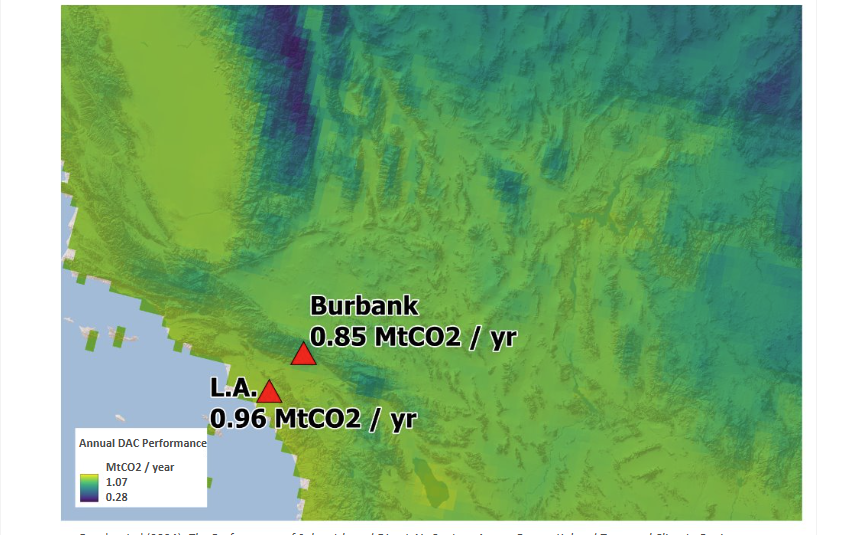
The Negative CO₂ Emission Transition Roadmap (NECTAR) was developed as a decision support tool to facilitate the strategic deployment of Direct Air Capture with Carbon Storage (DACCS) and other carbon dioxide removal (CDR) technologies.
Uinta Basin CarbonSAFE
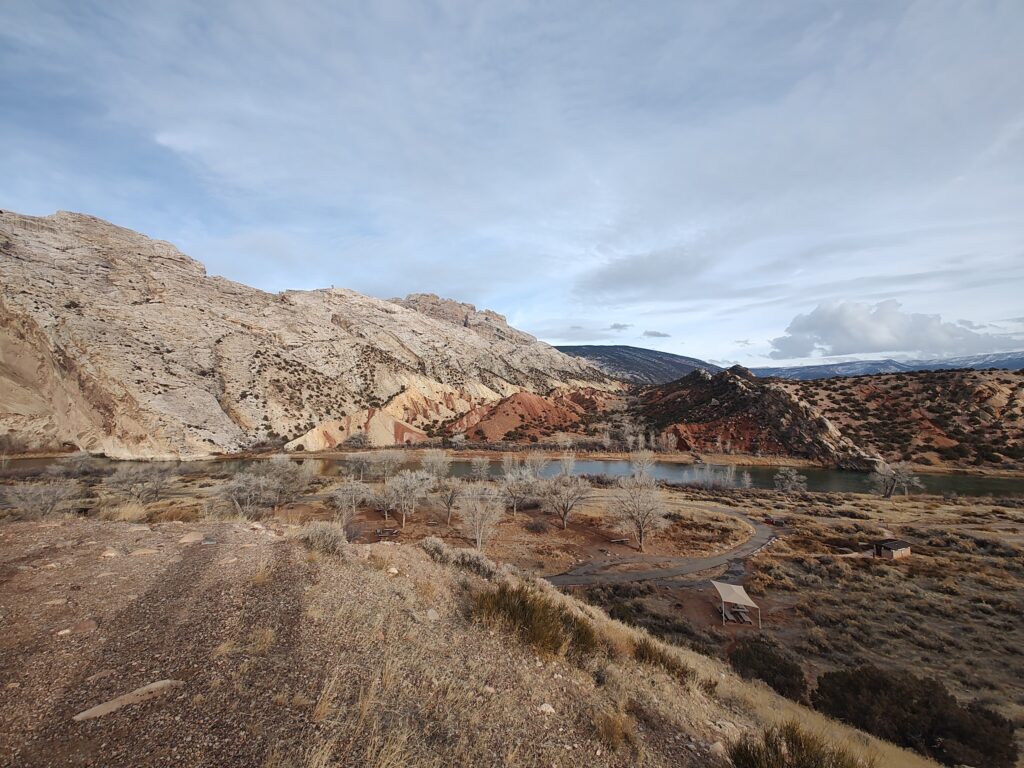
The primary objective of the Uinta Basin CarbonSAFE phase II project is to establish the technical and economic feasibility of a commercial-scale CO₂ geological storage complex in the northeast Uinta Basin, Utah, to sequester at least 50 million metric tons of captured CO₂ securely and economically from the Deseret Power Electric Cooperative Bonanza Power Plant and other sources in 30 years.
CUSP: Carbon Utilization and Storage Partnership of the Western United States
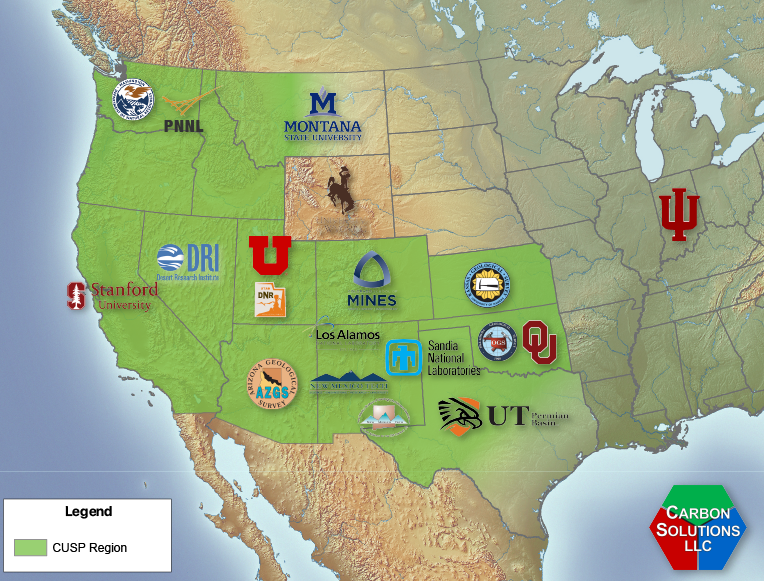
The Carbon Utilization and Storage Partnership (CUSP) of the Western United States is a US Department of Energy-funded Regional Initiative established to accelerate onshore CO2capture and storage (CCS) technology deployment in the western region of the US.
Design Development and System Integration Design Study for an Advanced Pressurized Fluidized Bed Combustion Power Plant
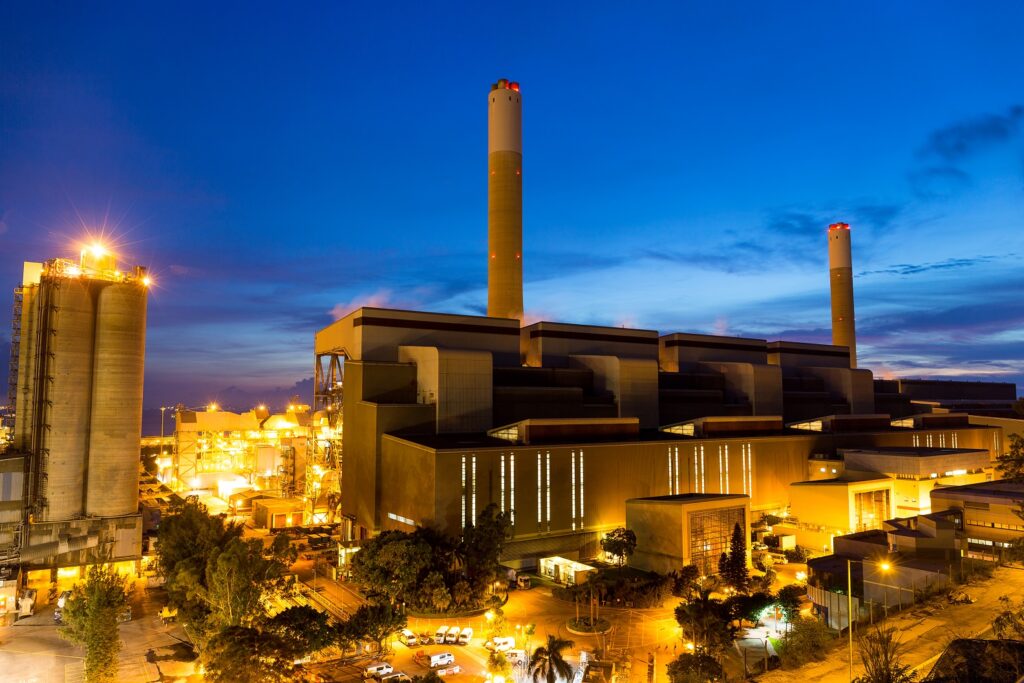
CONSOL Energy is designing an advanced carbon-negative power plant that runs on waste coal and biomass, with the potential to be demonstrated in the next 5–10 years and achieve market penetration by 2030. CONSOL previously completed a conceptual design and pre-FEED study for a ~300 MWnet advanced power plant using pressurized fluidized bed combustion (PFBC) technology. This project will advance the end-to-end development of the advanced PFBC technology, including plant design, host site development, environmental considerations, CO2 disposition strategy, energy equity, techno-economic analysis, and lifecycle assesment. The project will provide a roadmap for decision-makers, investors, engineers, construction contractors, and other stakeholders to build this first-of-a-kind powerplant.
